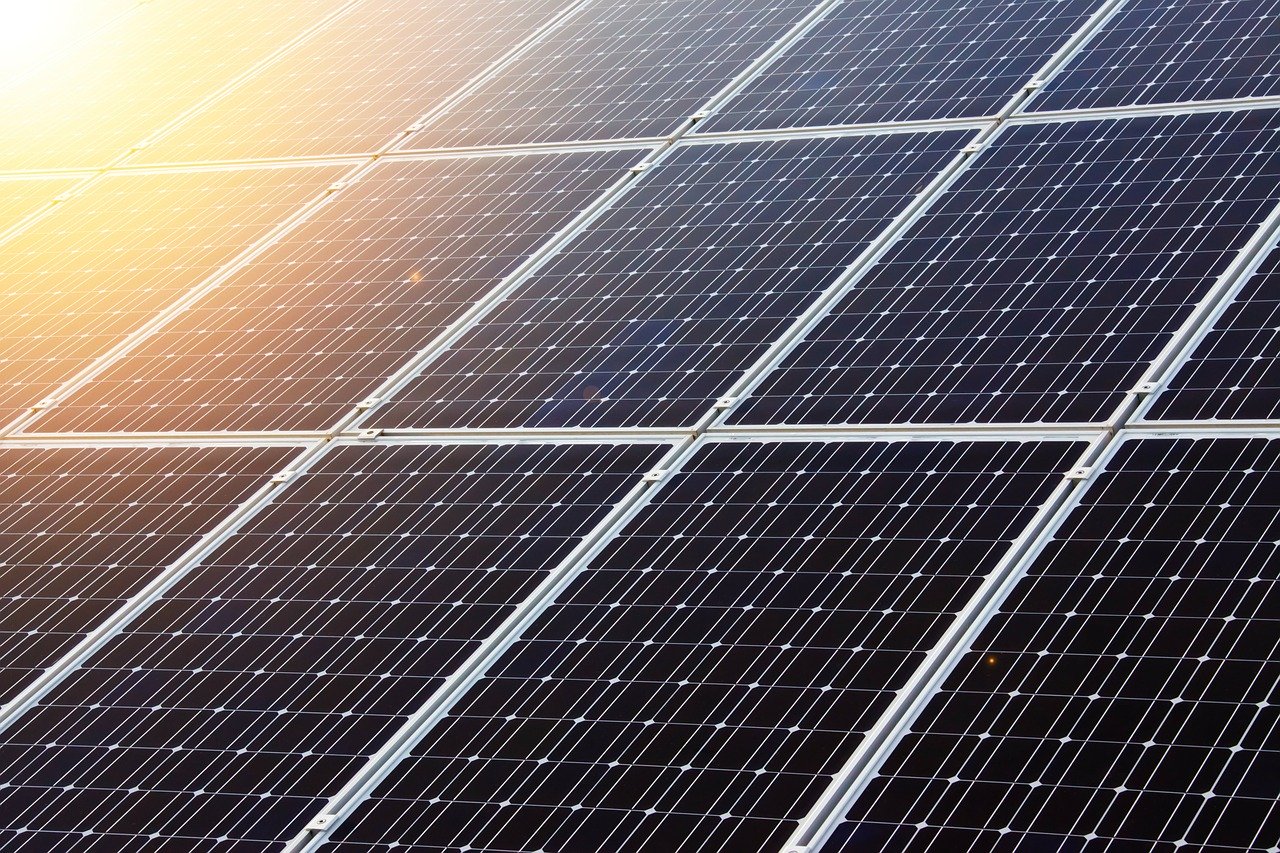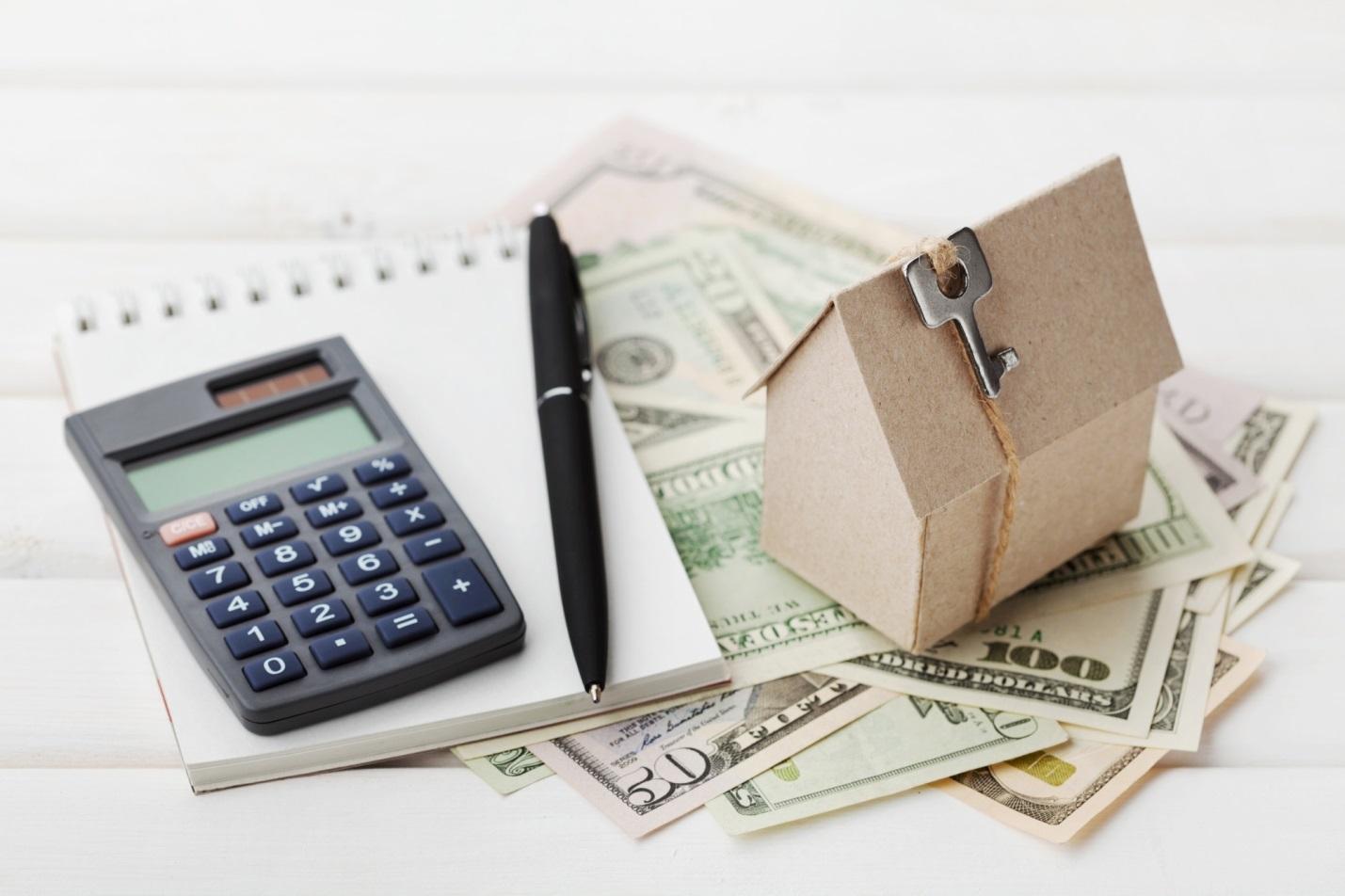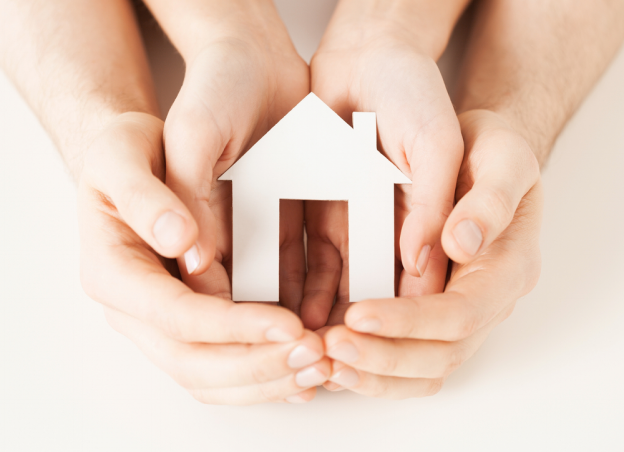For some people, going green is simply a question of principle. But in other cases, people want to find a way to reduce their energy costs, and even possibly run on free energy after a while, which solar can provide. Or in other cases, people are trying to add value to their property by adding green features, with solar being one of the top options. But is solar truly a great investment for homeowners? Let’s take a look at some of the factors that you’ll have to look at, and a rough idea of what you could end up saving or getting back on your investment.

How Does Solar Energy Work?
As you may already know, solar energy is harvested through solar panels that are usually installed on the roof. However, there are ways that you can store that energy and use it for times when the sun isn’t shining. This is why you also have to think about battery storage when investing in solar if you want to unleash its full potential.
You also have to make sure that you work with a battery storage company that offers the best storage solutions and will follow through with great after care service. One example is Semper Solaris, based in southern California. They’re one of the first companies to offer Tesla Powerwall battery storage installation, which is the next generation in terms of battery storage. Not only are these some of the most efficient on the market, but they have a great easy to use interface that can be accessed directly from the dashboard, or by using any mobile device. Batteries also allow you to avoid peak time rates if you ever have to rely on your utility company during those times.
How Much Does It Cost?
There are many factors that will influence price, and you should be prepared for a significant upfront investment. The biggest one will be the console of course. According to recent data from the Berkeley Lab, the average system will have a capacity of 6Kw. Solar energy costs roughly $3.18 per watt according to the same study. If this is the type of capacity you’re aiming at, then this could cost you around $19,000 for installation give or take. But these costs plummet to around $13,000 when you factor in all the tax incentives.
Also know, however, that you’ll have to spend on maintenance as well. In addition to having the panels cleaned regularly, you also have to replace the batteries and some of the equipment, like inverters for instance.
What Are the Tax Incentives Available?

Many states have their own incentives and tax breaks, so it would be wise to see what those are where you live. The Federal Solar Tax break offers 30% back on all solar panel installations. So that’s about a $6000 tax break on a $20,000 installation. If you want to know what benefits you could get in your own state, you could check out the DSIRE database.
For people out of the country, these policies can usually be found on local advocacy sites. It’s also a good idea to contact your utility company and see what types of incentives they offer. You want to know what their interconnection policies are and how much you can expect to make by reselling energy, if you can.
Factors Affecting Production
There are also many external factors that will determine whether an installation will be more profitable than the other. For one, do you have the roof necessary for installing solar panels?
To get the best results, the panels should be south facing and at about a 30-degree angle. While this doesn’t mean that they won’t produce energy if they’re on a flat roof, you won’t get the same level of energy production.
Also, the roof should not be obstructed by any shading elements, such as trees, walls, or an adjacent building. The size of your roof will have an influence as well. However, know that there are alternatives in case your roof’s orientation is not the best and if you have limited space. Some will have panels installed away from the house on supports, but these will incur additional hardware costs.
Then you have to consider the level of sun exposure your particular area will get. You should check out this sun irradiation map that shows the level of sun exposure different areas of the country get, as well as solar energy data that will help people assess the potential energy they could generate.
Another element to consider is timing. In most cases, you’ll get maximum production during the summer and on afternoons, which is great if you live in a warm area. You’ll get maximum production at the time the most load is being put on your AC system. But that could be different if you live farther north, when they often need to heat houses all day long.
Utility Pricing and Selling
While many utility companies have ditched peak pricing, others still do and will usually charge more during the afternoon, which is another plus if you live in a sunny, warm area. So, make sure that you check if there are rate variations in your area and what those are exactly. Some utilities will also increase or decrease prices depending on the time of the year. So, if prices are higher in the summer, this could make solar panels even more profitable.
In other cases, utility companies will charge people based on consumption. They might dramatically increase rates once you get passed a certain threshold. Again, in that case, solar might be very beneficial, especially if you have a large household with big energy needs.
Then there’s the ability to sell some of the energy you’re generating back, which is something a lot of homeowners are interested in. This is known as “net metering”, and the utility company will deduct the money generated from your production from your utility bill. The energy will be sold at the retail rate. However, regulations and policies can vary greatly depending on the area, so it would be wise that you check the DSIRE’s website for more information.
When all factors are considered, your solar system could start paying back for itself in as little as 8 years.
Can it Add Value to a Home?

Another thing that could make a solar panel installation profitable is the kickback when comes the time to sell the house. And depending on the market, solar could not only be an incentive for a buyer, but is expected.
But in most cases, the possibility of being able to save on energy costs is enough to sway their decision. There are also more people who want to reduce their carbon footprint and are favoring green additions. Also, buying a home that is already equipped with solar panels means that the investment is being financed through the mortgage. They don’t have to worry about financing the installation later on.
Solar panels can be a great investment for any homeowner, and also a great way to save while reducing your strain on the energy grid. All of these factors could help boost your home’s value, and get a great return on your investment.










